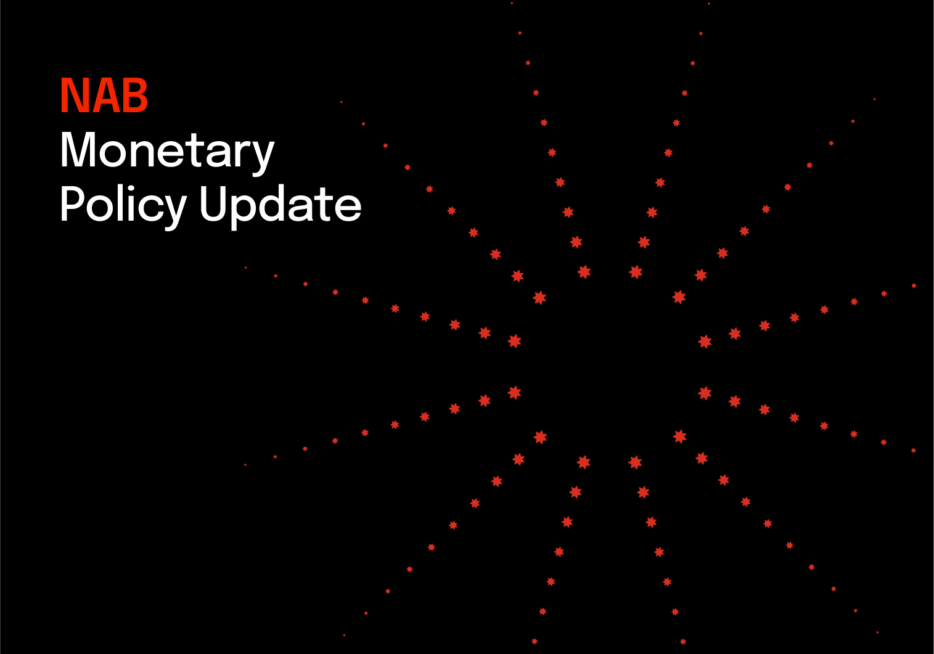RBA surprises with a hold, NAB still sees cuts in August, November and now February


Insight
The impact of the Euro-zone financial unrest to the healthcare industry is increasingly affecting importing and exporting decisions of Australian healthcare businesses. Economic backdrop Currency markets continue to be volatile, notes Mike Bligh, NAB Head of Specialised Business, Business Markets and Wholesale Banking, and “significant swings are becoming a daily event. We recently saw the […]

The impact of the Euro-zone financial unrest to the healthcare industry is increasingly affecting importing and exporting decisions of Australian healthcare businesses.
Currency markets continue to be volatile, notes Mike Bligh, NAB Head of Specialised Business, Business Markets and Wholesale Banking, and “significant swings are becoming a daily event. We recently saw the Australian dollar drop almost 10 cents in four days. This 10 cent move in currency is close to a 10 percent swing for importers and exporters in their inventory costs.”
International currency swings can affect many aspects of business decision making – from stock and equipment purchasing, to cash flow forecasting, to staff recruitment and ultimately to whether business growth is achieved or not.
Not taking appropriate measures to protect your exposure to international economies could lead to weaker prospects, cautions Bligh. “Certainty in business is crucial in times of extreme volatility like these. We urge all businesses with foreign exchange exposure to ensure they’re adequately protected.”
Volatility of the AUD and the carryover of the global debt crisis into 2012 heightens the need for both importers and exporters to bed down strategies to help manage their foreign exchange.
Bligh recommends the following four steps to stay on top of global currency swings:
“Think about what you’re trying to protect – this could be margins, earnings, cash flows, finance covenants, budget rates or even market competitiveness,” notes Bligh.
Look long and hard at how foreign currency may impact your business strength and assess the AUD value of every cent move in the exchange rate.
“Risk appetite may be aligned to cash flow forecasts and budget rates, or the business’s willingness to assume currency volatility within its balance sheet and the impact on earnings and asset values,” says Bligh. “When managing risk, it’s important not to think of currency volatility as a movement in the AUD. Instead, businesses need to consider it in terms of gross margin or asset value.”
Volatility in foreign exchange markets creates opportunities as well as risks. FX hedging shouldn’t be ignored, as the market may provide an opportunity to restructure your protection and take advantage of currency swings. “The reality of volatile currency markets highlights the need for healthcare-focused exporters and importers to consider their cash flow and what they can afford, and then hedge appropriately,” Bligh points out.
Foreign exchange specialists in NAB’s Health Banking Centres can help with market analysis and back testing of hedging strategies, and show you ways to limit cash flow sensitivity to FX movements. Contact a NAB Health Banking Specialist.
Stay across what’s happening in the markets by watching NAB’s daily morning market wrap.
© National Australia Bank Limited. ABN 12 004 044 937 AFSL and Australian Credit Licence 230686.